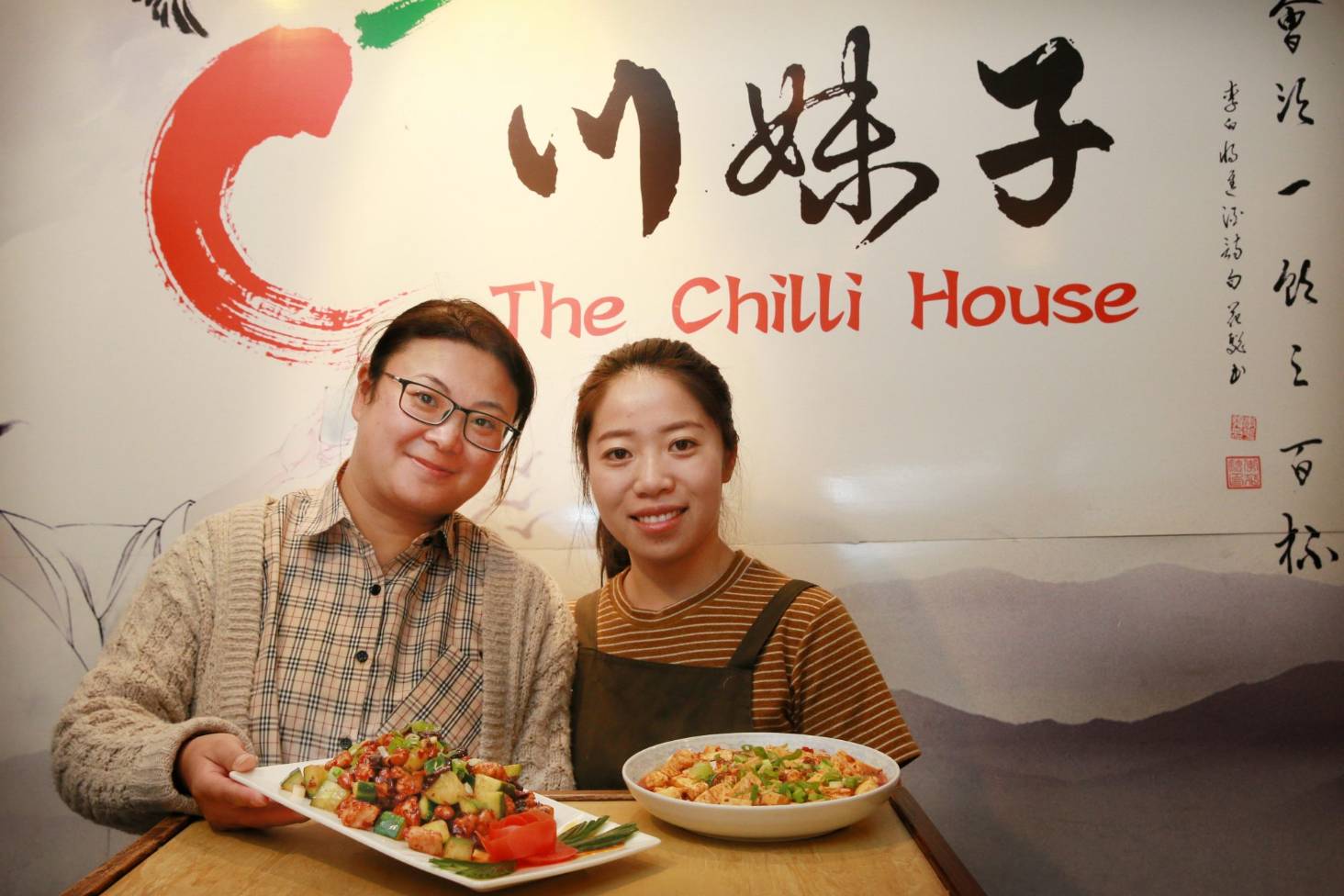In the closing scene of the classic movie “A Christmas Story,” the Parker circle of relatives is sitting on my own in a rundown Chinese eating place, trying to salvage a Christmas dinner after hound dogs ate the ring of relatives turkey. The backdrop is bleak, but the servers do everything they can to sweeten the day, mangling yule carols in mispronunciation because the family is served a large duck/turkey alternative with its long neck and head still intact.
The father, performed by Darren McGavin, squeamishly says, “It’s a stunning duck. However, you see, it’s … Smiling at me.” And then, unexpectedly, the waiter hauls out a cleaver and hacks off the head to screams and laughter from Mom, Dad, and the two youngsters. The Chinese restaurant has a special vicinity in our subculture. It’s an area wherein reminiscences are made and culinary enjoyment elevated — even though the Food might vaguely resemble what Chinese humans consume.

On Wednesday, the ever-present Chinese eating place is the challenge of an “Author Talk and Reading” at the Westdale Theatre. Globe and Mail Meals author Ann Hui will communicate her e-book “Chop Suey Nation” amid projected pictures of nearby Chinese eateries from Hamilton’s past. Hui traveled across Canada to family-owned restaurants to try to parent out. “Why does there appear to be a Chinese Food eating place in each unmarried small metropolis throughout Canada? Who are these people who run those restaurants, and what introduced them here?”
She determined to touch memories of hard-operating families who went into the alternate because opportunities in different careers were now not to be had by them. They kept their family corporations going with tremendous battle, lengthy hours, and improvisation to find a Chinese/Canadian meals hybrid that could use available ingredients and attract Western tastes. Many households had ancestors who immigrated to Canada from China in the 1800s to paintings as laborers at the Canadian Pacific Railway.
When that painting dried up, they determined Chinese food-eating places and laundries as their handiest employment options. I think it’s miles a superb tale,” says Hui, who grew up in the Vancouver area, the daughter of immigrants from China. They were going through fantastic limitations and a whole collection of demanding situations of discrimination and racism. They got here up with these delicacies as an answer to that.
In Hamilton, comparable topics played out via the many chicken balls, chow mein, and egg rolls served at iconic restaurants, including the Aero Tavern, the Grange, the Forbidden Village, and the Pagoda Chop Suey House. The Aero on Barton closed in 1987 and became a primary landmark of Liberal birthday party records. Pierre Trudeau-era cupboard minister John Munro used the restaurant as a base for smoke-crammed strategy sessions. Owner Mary Wong — who would sometimes participate in the one’s discussions — went directly to become you. S .’s first Canadian of Chinese descent to be appointed to a citizenship court.
On King West, the Grange that determined its demise with downtown urban renewal within the Nineteen Seventies is remembered as one of the town’s most famous nightspots. Ronnie Hawkins carried out in the past due Fifties after he moved to Canada from Arkansas. The Forbidden City had its heyday in the Nineteen Eighties and ’90s, with then proprietor Michael Ng becoming one of the town’s most well-known business people. He became named Hamilton Distinguished Citizen of the Year in 1993 due to his network and charity work.